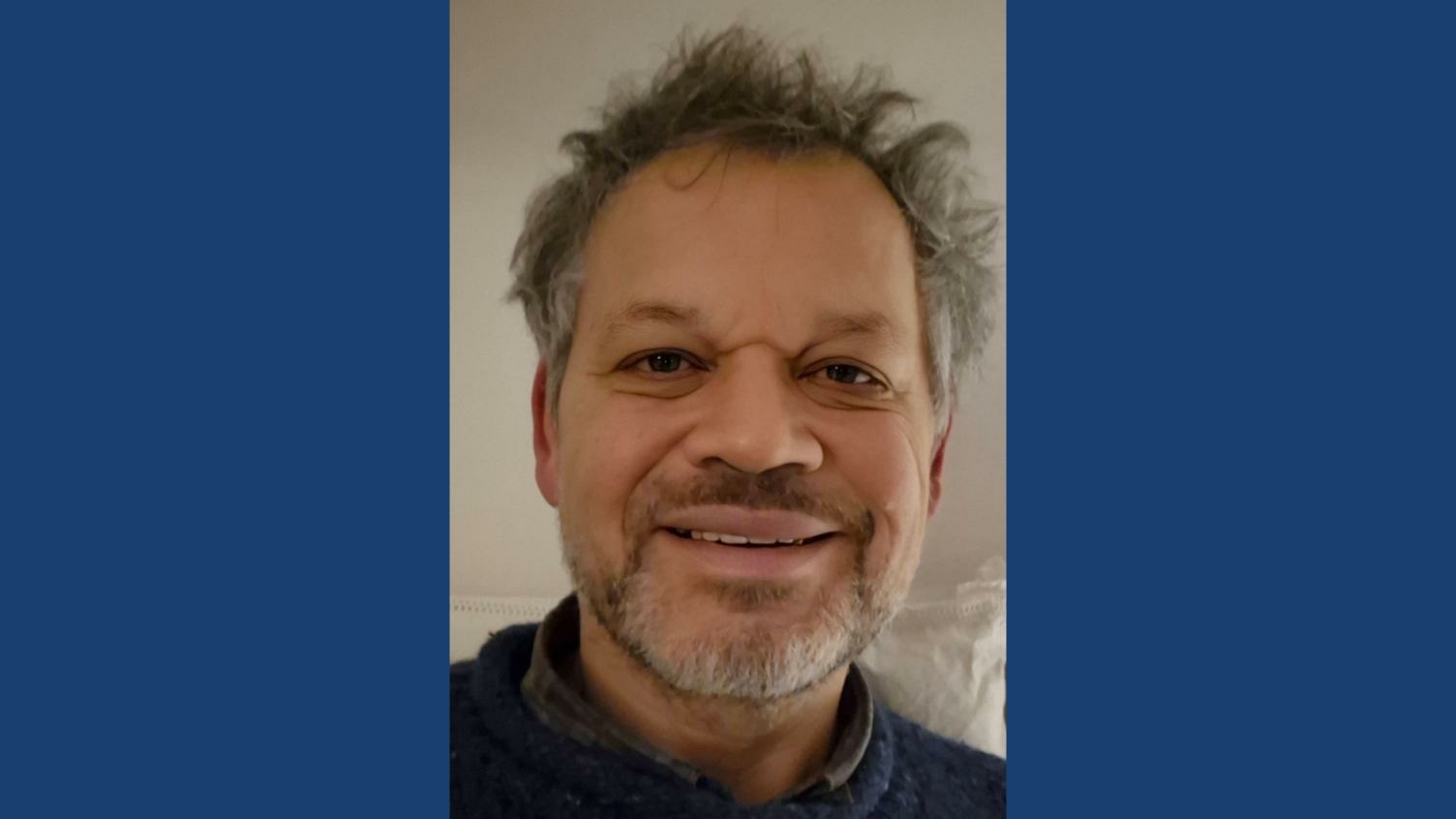“I know that Matthew would strongly encourage other people to get involved too." - Matthew's story
- 4 March 2022
- 4 min read
When approached about donating tissue from his son, Matthew, to a brain tumour study, Andy knew it was something Matthew would have wanted him to do.
Matthew's story: Identifying and validating molecular targets in nervous system tissue study
When approached about donating tissue from his son, Matthew, to a brain tumour study, Andy knew it was something Matthew would have wanted him to do.
"Matthew wanted to take part in research when he was first diagnosed, but didn't have the opportunity. When he was doing his medical training, he'd always badger his friends to give blood and be donors. He convinced me to be a platelet donor. So I knew that if he was alive he would have wanted to be involved."
Matthew had just finished his second year finals at medical school when he started experiencing symptoms.
"He'd been getting blinding headaches for about a month and had been to his GP three times. The last time he went they told him that earwax was causing the headaches, which they gave him drops for.
"When he came home for the summer break, he started to experience double vision so he went to see an optician. After an examination, they told him to go straight to the hospital. It was there that they found a mass the size of a small orange in the front left temporal area of his brain and he was diagnosed with a grade 3 oligodendroglioma, a rare type of brain tumour."
Matthew recovered from the surgery on the tumour and had a course of chemotherapy. He took a year off from university, and then went back to do his third year. He had a second regrowth, which required two lots of surgery and radio and chemotherapy. Matthew took another year off university and then went back finished his fourth and fifth years and graduated.
"Since he was seven he'd wanted to be a doctor, caring for people was at the core of who he was."
Matthew was working as a Junior Doctor at his local A&E in September 2015 when a regular scan revealed a third regrowth.
He was told by his consultant that there was nothing they could do, that he had three to six months to live and to go home and enjoy what was left of his life.
"We weren't willing to accept that diagnosis, so we went out to several top surgeons across the country for a second opinion. They all agreed with Matthew's consultant that there was no surgical option. Matthew had also contacted a Clinical Oncologist in London who was at the leading edge of using Immunology to treat brain tumours. In that appointment the Clinical Oncologist said there was nothing he could do, but he had in the room with him a surgeon who said 'there is a risk with surgery but if you want to take that risk I'm willing to operate'. The surgery was performed in the December of 2015 resulting in 99% of the brain tumour being removed. Matthew called this his Christmas miracle."
For most of 2016 Matthew enjoyed a problem free life but later on in 2016 his wound started to break down and he had an infection, because at this point he had had six operations on the same scar. He spent the next six months in hospital with two periods in SITU. In March 2017 Matthew was able to go home although he was still very poorly.
"He was paralysed, he had to be PEG fed and could only communicate by blinking his eyes for Yes and No. Against all the odds and clinical predictions Matthew started to get better, to the point that by Christmas 2016 he had recovered the use of the left hand side of his body, could speak in short sentences, eat and drink, feeding himself three good meals a day. In many ways Matthew was back to his old self. He was an incredibly bright and very mischievous young man with so much courage and determination. However in April/May 2018 Matthew's condition started to decline again and we lost him just before Christmas 2018."
When the local CCG heard about Matthew and his family and how together they had challenged the norm, they asked if Andy would like to join the palliative and end of life care group.
"We were very fortunate that, at the end of his life, Matthew had the best of care with the local team playing an important part. We wanted to work with them to make sure that everyone received the same level of care as Matthew."
From working with the CCG, Andy went on to do a peer leadership course and applied to join the National Strategic Coproduction Group. He also joined the Patient and Public Voice (PPV) for the Somerset, Wiltshire, Avon & Gloucestershire (SWAG) Cancer Alliance. It was through the SWAG Cancer Alliance that Andy met Professor Kathreena Kurian, Chief Investigator of the study, who asked if he'd support the research.
"I felt it was a way of making the most out of what Matthew went through, in a way taking the baton from him and continuing to run the race he started. When he was recovering, Matthew thought about doing a PhD in brain tumour research, so it's great that he is still able to contribute in this way.
"I know that Matthew would strongly encourage other people to get involved too. It might not benefit those who donate tissue but it will hopefully benefit others in the future. My uncle had a brain tumour in the 50s and little has really changed in the treatment of brain tumours since then. It's only through research like this that together we will be able to find the solution that stops others having to go through what Matthew did."


